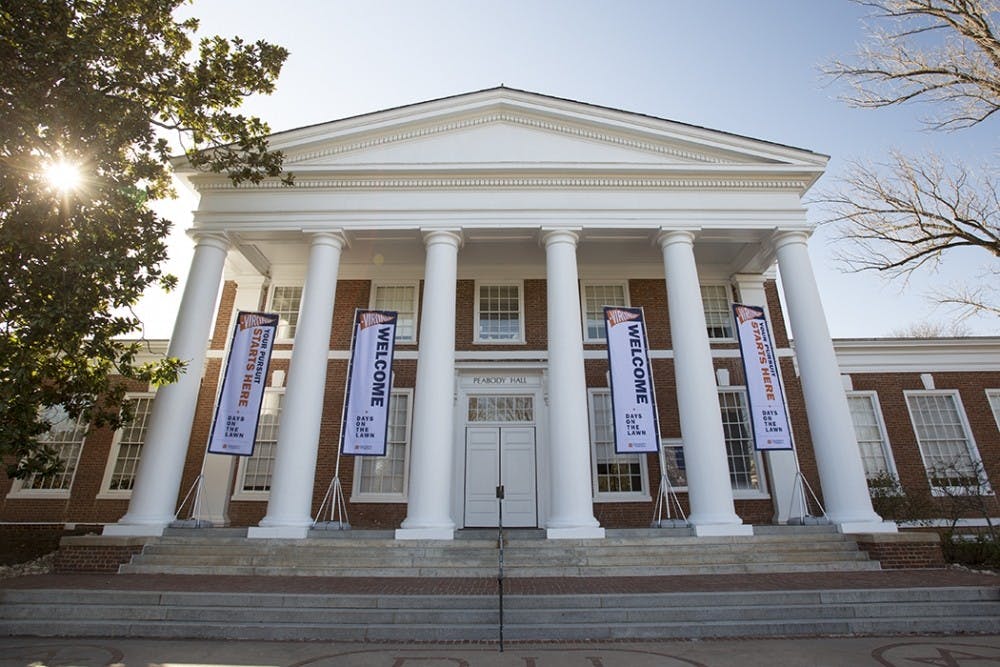Student Council released a report last week on allegations that the University’s admissions process offers preferential treatment to applicants tied to major donors. The nine-page document by second-year College student and Representative Ian Ware neither discredits nor fully explains the claims originally made by author Jeff Thomas. According to Ware’s report, which is explicitly labeled as his own views and not those of Student Council, the University significantly limited the investigation. The administration’s overall lack of transparency in responding to this issue is made all the more concerning by their lack of cooperation with student representatives.
In the report, Dean of Admissions Gregory Roberts denies any direct communication between his office and the Office for Advancement. At no point, however, does Roberts or Dean of Students Allen Groves offer a clear explanation of the ranking system and notes requesting favorable admissions decisions found in the FOIA documents. If the Office for Advancement has no influence on the Office of Admissions, the administration must clarify the actual purpose of these notes and markings.
By restricting access to other administrators and granting interviews to Student Council President Sarah Kenny, rather than Ware himself, the administration has avoided answering most of the questions raised by the Washington Post and shared by students. Vice President for Advancement Mark Luellen should have been made available to contextualize the documents, as they originated from his office. Moreover, Ware, as the official Student Council investigator, should have been included in the conversations with administrators. By speaking only to Kenny, the administration demonstrated a concerning disregard for the authority of student self-governance.
The primary argument excusing the alleged admissions practices is that a few cases of preferential treatment are a small and appropriate price to pay for large donations. The editorial board has previously countered this argument, as any degree of preferential treatment for already privileged applicants undermines the integrity of a merit-based admissions system. In light of Student Council’s report, however, questions about the ethics of preferential admissions are secondary to questions about the administration’s evasive response to student inquiry.
To demonstrate true confidence in the integrity of the admissions system and uphold the principles of Honor which apply to the University community as a whole, the administration must explain the meaning of the FOIA documents. When students are accused of wrongdoing, they cannot merely deny it — they are held fully accountable for their actions. The University should be held to the same standard.





